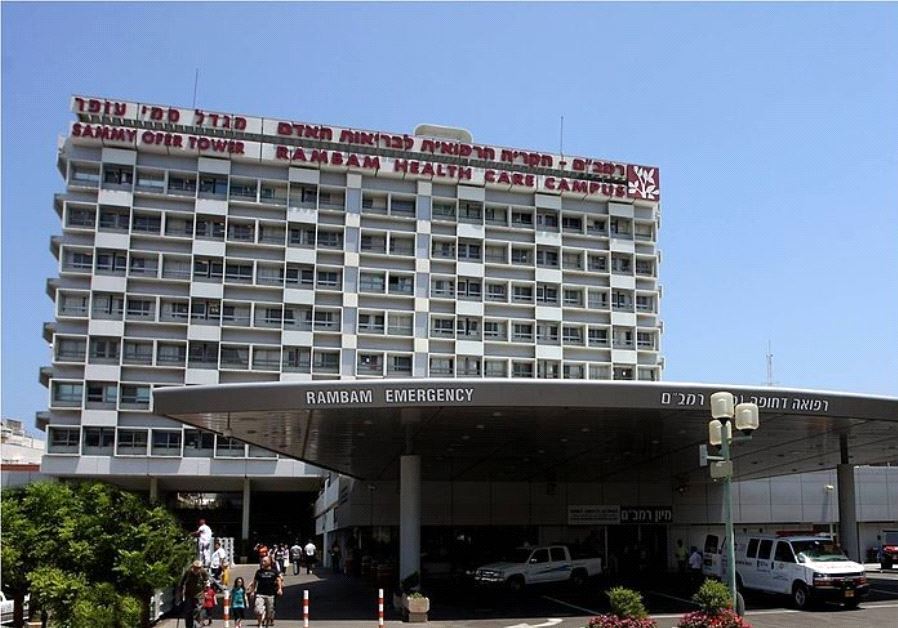Gazan student in Algeria flown to Israel to donate kidney to teen brother
The boy shows excellent signs of recovery, but he and his family can’t return to Gaza now because he needs medical care twice weekly.
 Haifa’s Rambam Medical Center(photo credit: WIKIMEDIA COMMONS/RAMBAM MEDICAL CENTER)Updated:
Haifa’s Rambam Medical Center(photo credit: WIKIMEDIA COMMONS/RAMBAM MEDICAL CENTER)Updated: